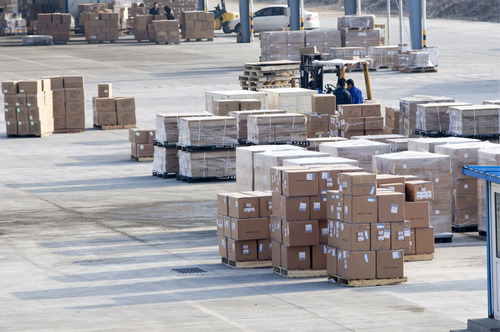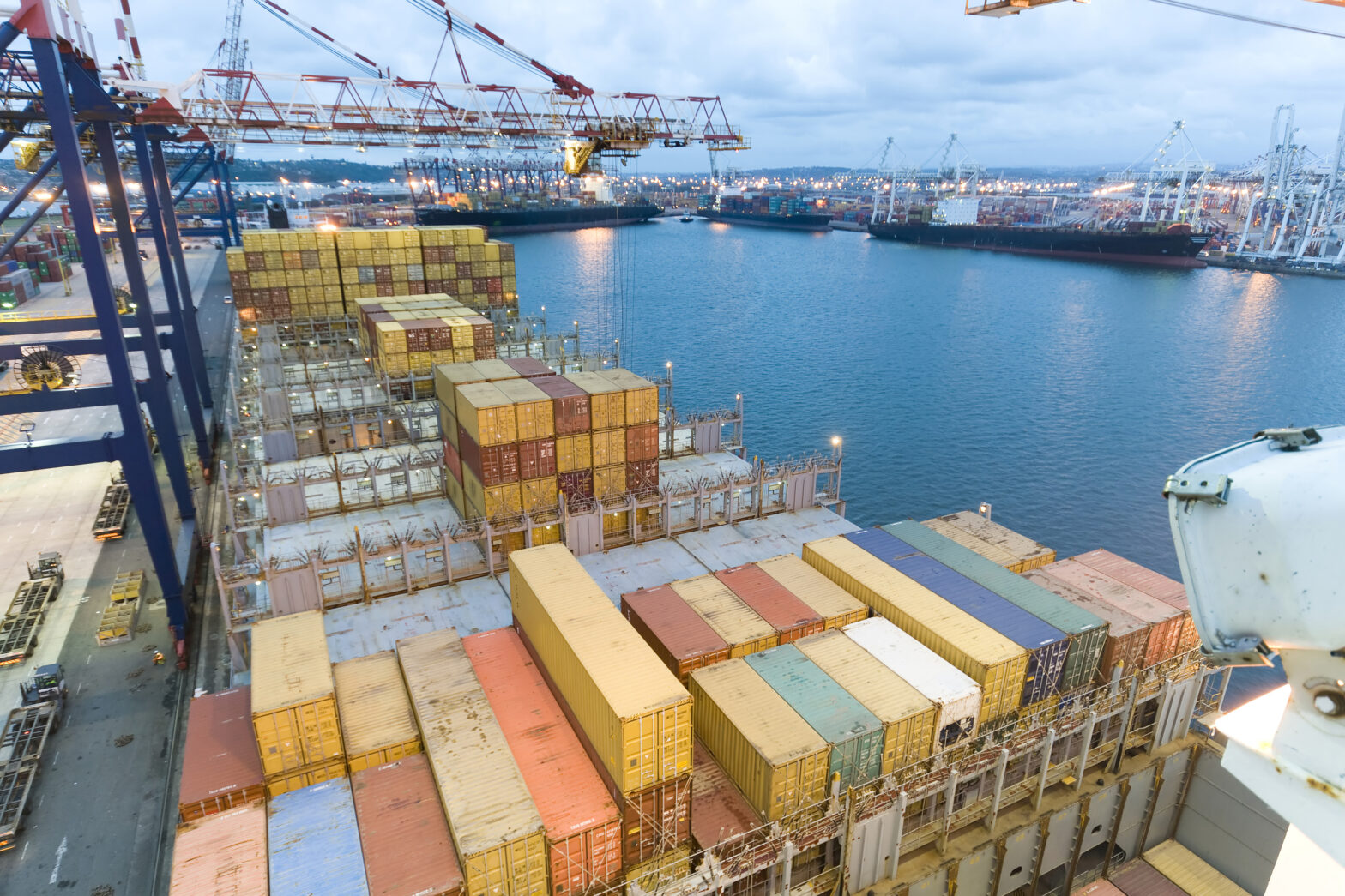The seeds of the business began when I was looking for a bookcase for my young daughter and couldn’t find one of the necessary size so I made the first one in my violin workshop. My friends liked it so I made some for their children too. It grew organically and I thought there was a gap in the market. I put an advert in a parenting magazine and after that I couldn’t make them fast enough, so I made the decision to grow this into a business. I had no experience whatsoever, but I have always liked the idea of making a product and putting it out there, so I learned how to do it step by step.
I considered selling overseas right from the beginning. I wasn’t sure how I would do it, but I always had it in mind if I was growing the company I wanted to make it an international business.
In order to sell internationally, I had to plan the logistics of transporting the product, which involved turning the bookcase I’d originally made into a flatpack, which was the easiest way to send the products out. Our first international orders were from individual people ordering from the website and purchasing directly from abroad.
In recent times we have started to think more strategically, bringing in translations for foreign orders and having tailored websites for international markets ready for when we are contacting retailers in that market. So far we have translated into French and German. We’ve got a French website, we’ll have a German one soon and will be looking at the Scandinavian market too. Ideally you want someone from the relevant country working within your company, even on a freelance basis. We’ve found working with agencies difficult; you have to have someone present to discuss things with you.
In terms of how our supply chain works, the products are manufactured flat pack in China, we send containers directly to our warehouse in the States and from there products are either sent individually to customers or directly to a trade customer who then distributes the product themselves.
Plans for global success
Only 20 per cent of our turnover is accounted for by export orders at the moment but we’d like it to be much more than that. The UK is a small country and there are lots of countries out there; we feel like we haven’t even scratched the surface.
I feel part of the secret of international trade success is having very good salespeople. You can learn about the culture of the target market and we do, but the quality of the salespeople [is at the core].
In terms of advice I would give to companies starting out in export, I would say take it one country at a time rather than trying to develop relationships with ten countries in one go. Experimenting with one country will teach you a lot for the next ones you plan to enter.
We know we have big possibilities for our company but we haven’t fully exploited them yet. For this type of product you need to have all the right safety testing in place, and knowledge of the right shipping and import taxes. Many procedures you need to have in place for export are simple things. People make a big deal of it but it’s not difficult, a lot of the information you need is available quite easily.
We’ve never had any unpleasant surprises when it comes to shipping as we make sure we prepare; we ask advice from different sources. If you have problems at any stage, instead of just relying on UKTI ask the people you are doing business with already. Ask the shipping companies, ask your supplier as they will be working with other companies just like you. You’ll have first-hand information with can be invaluable.
The long haul
The furthest country we have shipped to is Australia, and for long hauls like that you really need to make sure you prepare extra carefully so there are no bad experiences. Our factory deals with clients in Australia, we’ve got a small distributor there. As long as we’re talking to the shipping company all through the logistical chain, somehow the goods are found in the port!
We’re keen to get a distributor in Canada, that’s our goal for the next year. It’s trial and error with selecting a distributor, we know what we don’t want and what we’re looking for, so you really need to focus on what is it you want from that distributor, for example what other products or brands they are already distributing. Be clear of what kind of distributor you want; you might have a channel you’re targeting in the UK and you need to think about how you can replicate that in another country.
In terms of our sales projections, we’d like to double turnover in a year and I know we can do it. We just need to get into another three countries. It’s a lot of hard work but exciting.





